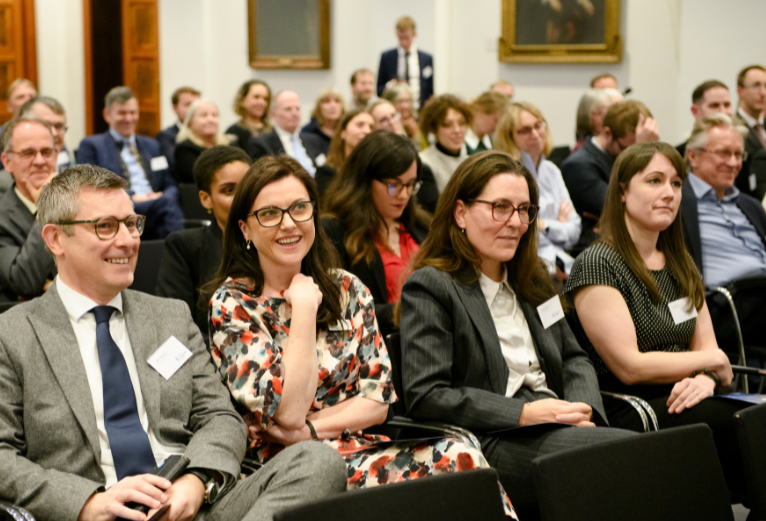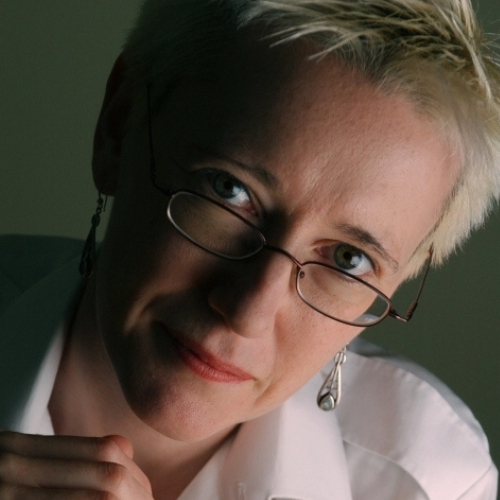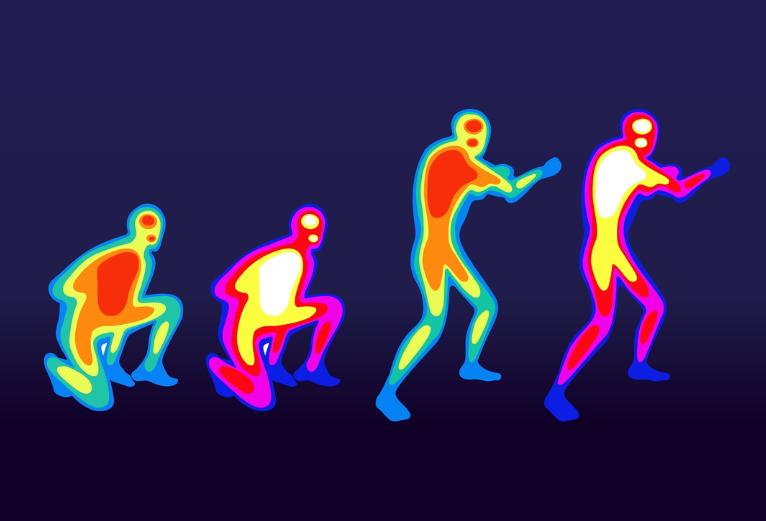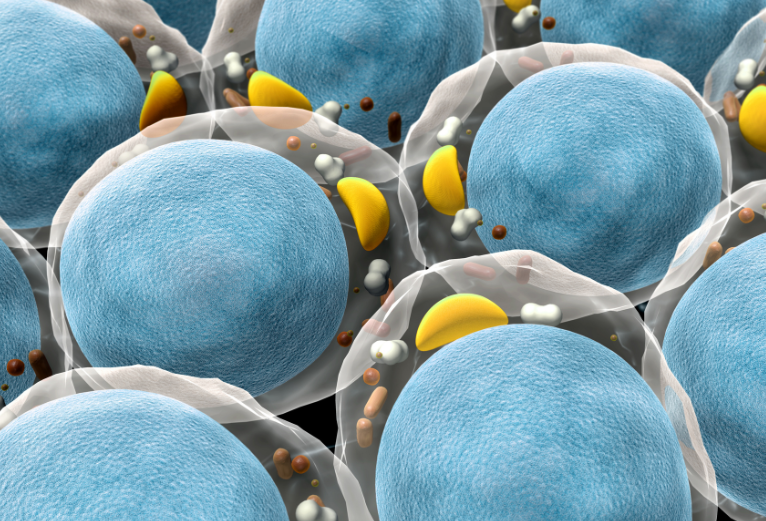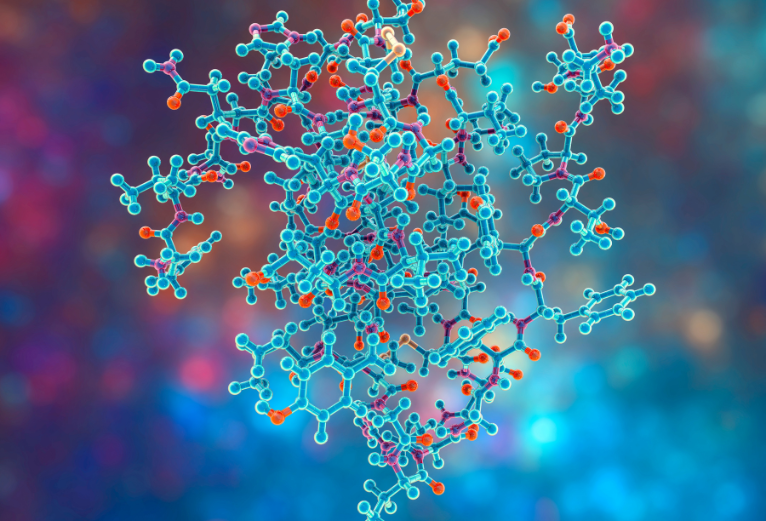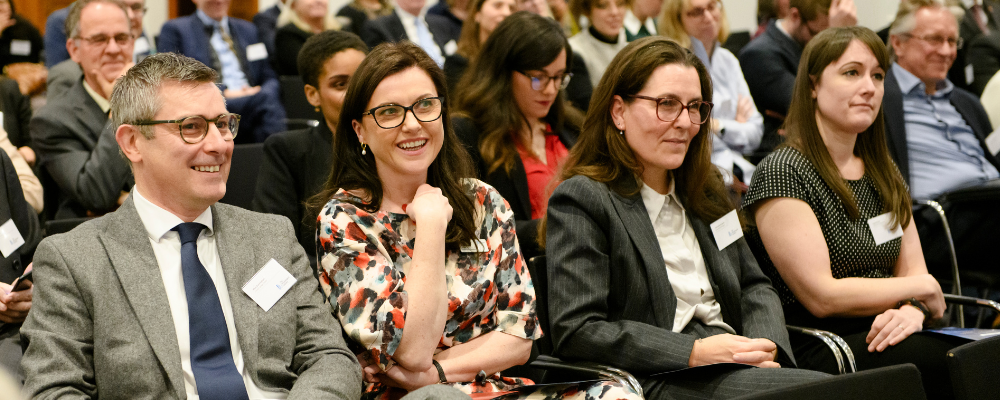
Events
Connect with your community and expand your knowledge
There is still plenty to look forward to this year at your Society meetings, including the Member Forum, President’s Lecture and The Biomedical Basis of Elite Performance 2024.
We also look ahead to our 2025 calendar of events, with our exciting range of two-day scientific meetings as well as IUPS 2025.
Start planning your 2025 event attendance and mark your calendars to ensure you don’t miss out!


